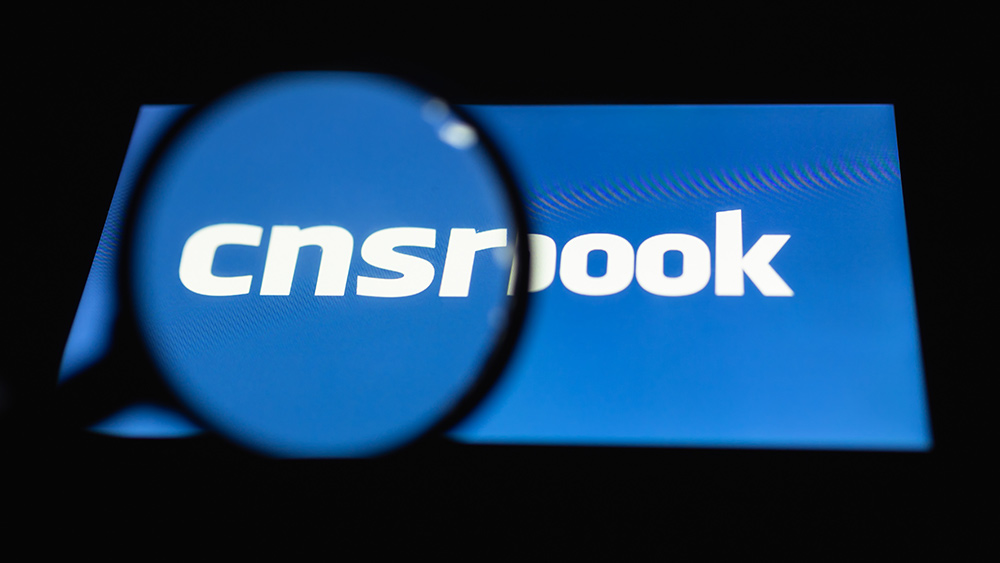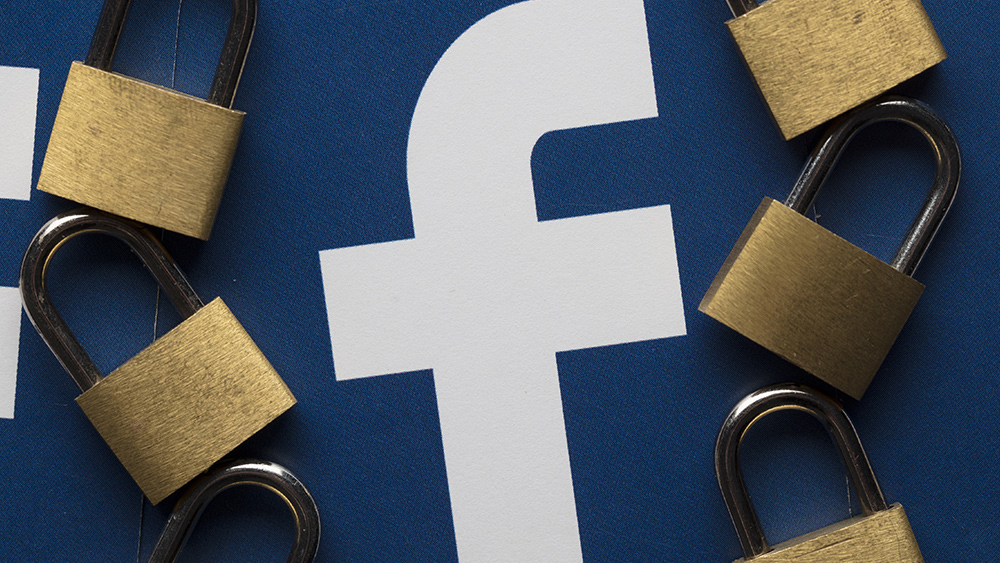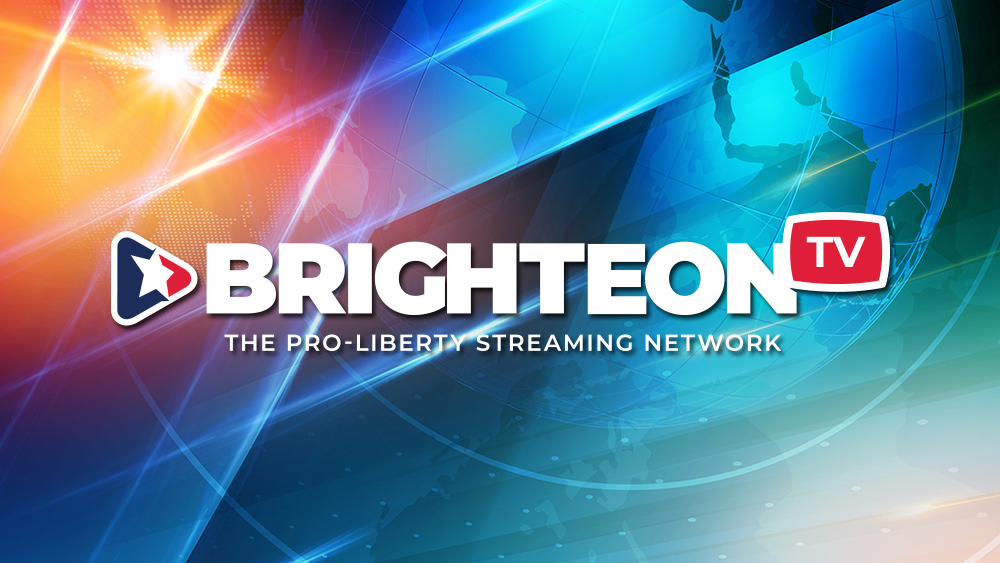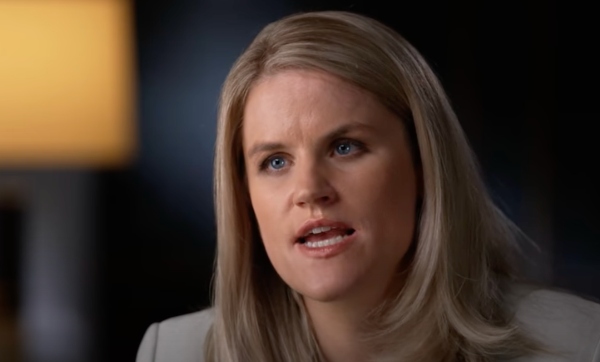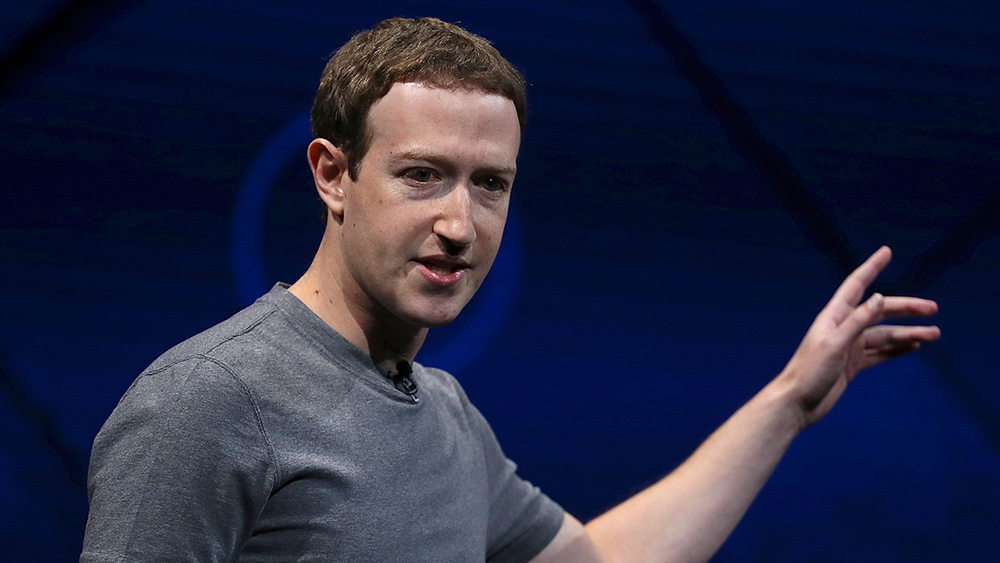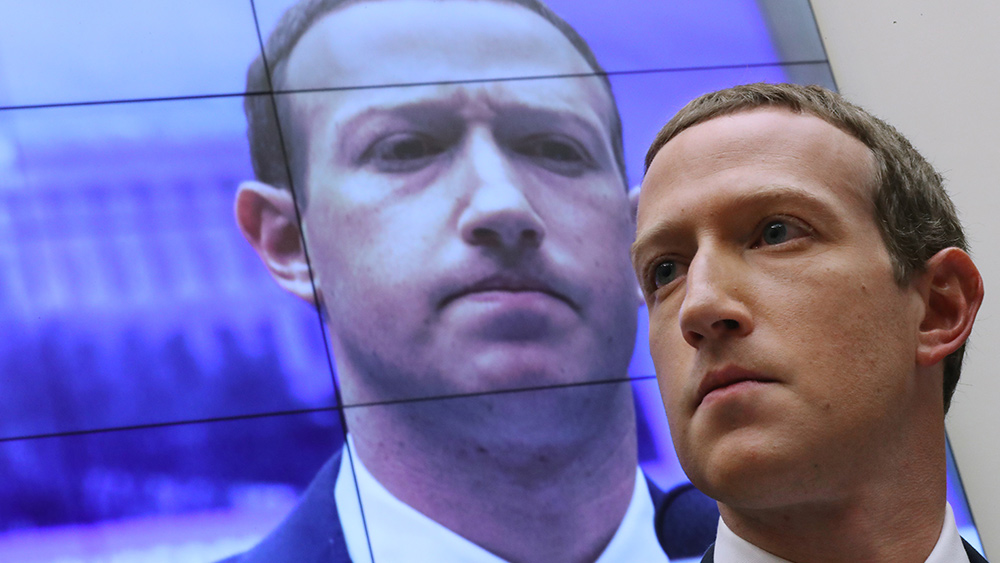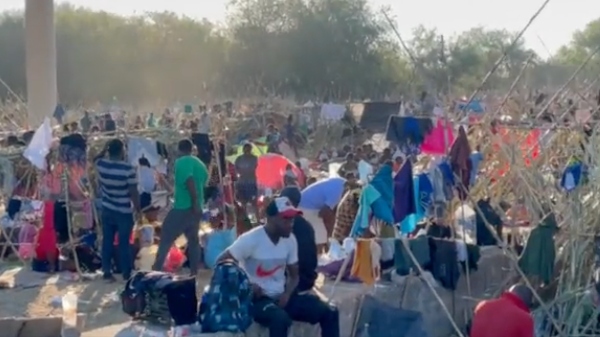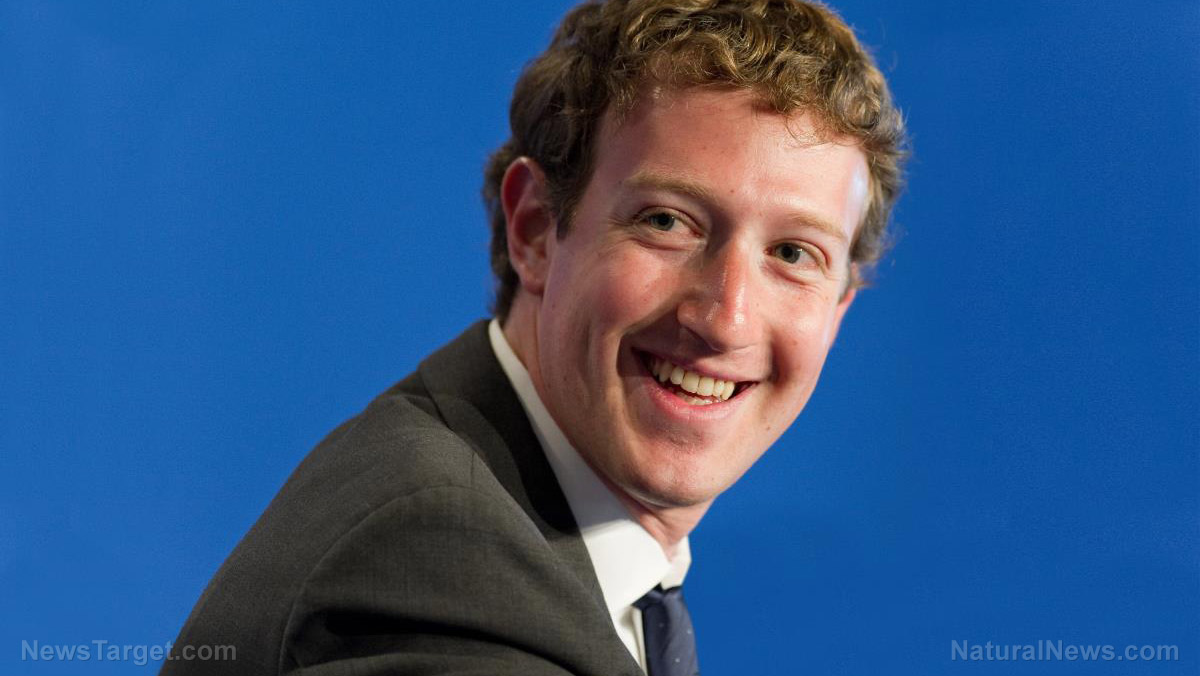Mexican president vows to stand by Trump and push back against big tech censorship
01/19/2021 / By Arsenio Toledo
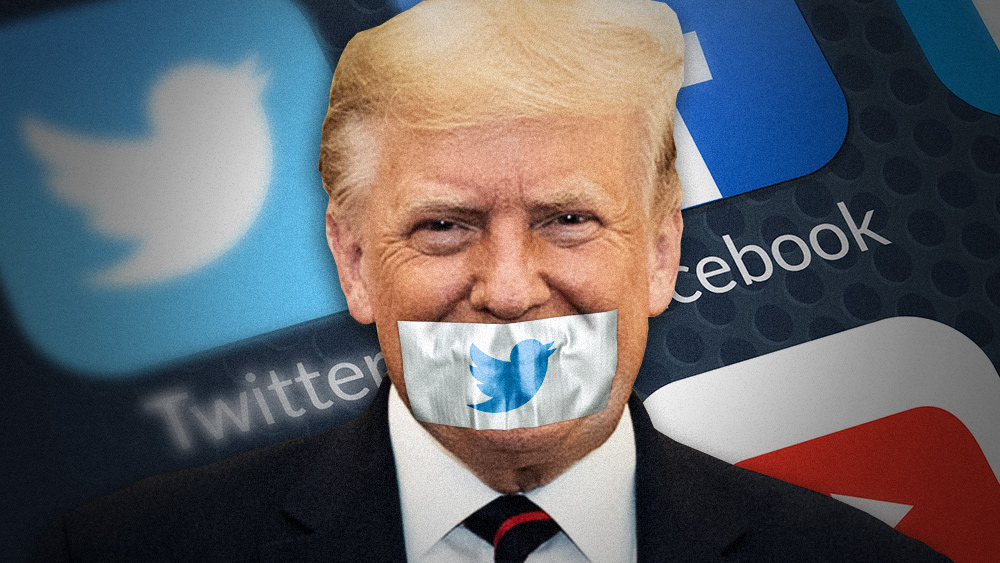
Mexican President Andres Manuel Lopez Obrador vowed to launch a global effort to push back against big tech censorship.
This move comes after major tech companies decided to deplatform President Donald Trump. Lopez Obrador said that his administration has already begun reaching out to other governments to form a united front on the issue.
In a speech on Thursday, Jan. 14, Lopez Obrador criticized the nearly unchecked power of big tech companies, arguing that they should not be able to suppress free speech.
“I can tell you that at the first G20 meeting we have, I am going to make a proposal on this issue,” said Lopez Obrador. “Yes, social media should not be used to incite violence and all that, but this cannot be used as a pretext to suspend freedom of expression.”
“How can a company act as if it was all-powerful, omnipotent, as a sort of Spanish Inquisition on what is expressed?” he added.
Twitter has permanently banned Trump from their platform while Facebook and Instagram have prevented him from posting at least until after the Jan. 20 inauguration of President-elect Joe Biden. (Related: Twitter insider records CEO Jack Dorsey laying out roadmap for future political censorship … “we are focused on one account [President Trump] right now, but this is going to be much bigger than just one account.’)
“I do not celebrate or feel pride in our having to ban @realDonaldTrump from Twitter, or how we got here,” wrote Twitter CEO Jack Dorsey in a series of messages talking about the company’s decision to censor the president. “After a clear warning we’d take this action, we made a decision with the best information we had based on threats to physical safety both on and off Twitter. Was this correct?”
“We believe the risks of allowing the President to continue to use our service during this period are simply too great,” said Facebook CEO Mark Zuckerberg in a post.
Some of the other companies that have banned Trump and his supporters are YouTube, Google, Twitch, Reddit, Snapchat, Tiktok, Pinterest and Shopify.
“It’s like a censorship court is being created,” said Lopez Obrador on Jan. 8 during his daily online press briefing. “Like the Holy Inquisition for the management of public opinion.”
Listen to this special Situation Update breaking news episode of the Health Ranger Report, a podcast by Mike Adams, the Health Ranger, as he talks about a variety of topics, including the fact that mainstream media network CNN was complicit in the unrest at the Capitol on Jan. 6, and how Dorsey has a long-term plan to censor conservatives from his platform.
Lopez Obrador creating an international alliance to fight big tech censorship
Lopez Obrador’s international alliance-building effort is being led by Foreign Affairs Secretary Marcelo Ebrard.
“Given that Mexico, through our president, has spoken out, we immediately made contact with others who think the same,” said Ebrard, who noted that he has been in touch with high-ranking government officials from Latin America, Southeast Asia, Africa and even several countries in the European Union like France and Germany.
“The president’s orders are to make contact with all of them, share this concern and work on coming up with a joint proposal,” added Ebrard. “We will see what is proposed.”
Lopez Obrador has not specified what the plan to fight against big tech is. But his plans likely include regulating social media platforms or switching to one that is more committed to free speech. On Tuesday, Jan. 12, he posted an invitation on his Facebook page for his followers to switch to Telegram.
Presidential spokesman Jesus Ramirez Cuevas said that Lopez Obrador’s Telegram account has been open for a while now, and he tried to suggest in front of the press that the switch to the encrypted messaging service was not related to the actions by big tech platforms against Trump.
Ramirez Cuevas spoke in length about how Lopez Obrador understood the power of social media, as it allowed the president to get information quickly and to “express opinions freely.”
“The mass use of social media has allowed his message to get through, when before it was blocked by traditional news media.”
Lopez Obrador believes “traditional news media” in Mexico is biased against him, and he has often lambasted them for broadcasting fake news against him.
Trump and Lopez Obrador have a close relationship. Both believe that private companies should not have the right to decide who can speak, and during one of Trump’s first public appearances since the unrest on Jan. 6, he praised his Mexican counterpart extensively, calling him a great friend.
“I want to thank him for his friendship and his professional working relationship,” said Trump. “He is a man who really knows what’s happening, he loves his country and he also loves the United States.”
Multiple world leaders speak up against censorship and deplatforming of Trump
Lopez Obrador is not the only foreign leader to speak out against big tech censorship. Other world leaders have come out against the deplatforming of the leaders of the free world.
“This should be decided by citizens, not by a CEO,” said Clement Beaune, the French Secretary of State for European Union Affairs. “But yes, I’m shocked by the fact that it is now entirely in private hands. It cannot be in private hands only.”
Beaune argued that a “public framework of regulation” must be implemented in which social media platforms can argue in front of a government body made up of regular citizens and elected officials over what content violates the law. The minister argues that this panel should also be given the final say over what content stays up and what gets removed.
French Minister of Finance Bruno Le Maire said the responsibility to regulate content online should not fall on corporations with nearly unchecked power.
“The regulation of digital giants cannot be done by the digital oligarchy itself,” said Lemaire, adding that big tech corporations were “one of the threats” to democracy.
German Chancellor Angela Merkel called the actions against Trump “problematic.”
Steffen Seibert, Merkel’s spokesman, said that the chancellor values freedom of speech and opinion very highly, considering it an essential right of “elementary significance.”
“This fundamental right can be intervened in, but according to the law and within the framework defined by legislators, not according to a decision by the [senior management teams] of social media platforms,” said Seibert.
Polish Prime Minister Mateusz Morawiecki called for the European Union to create new regulations that would curtail the power of big tech companies like Facebook, Twitter and Instagram. While he did not mention Trump directly, he argued that “the owners of corporate giants should not decide which views are right and which are not.”
“Seen from this angle, the chancellor considers it problematic that the accounts of the U.S. president have now been permanently blocked,” he said as he spoke with reporters in Berlin.
Other world leaders have pointed to the supposedly biased enforcement of terms and regulations on Twitter and other social media sites.
Australian Deputy Prime Minister Michael McCormack asked Twitter why they were blocking Trump – which he said amounts to censorship – while refusing to take down a supposedly doctored photograph being spread by Australia’s enemies that show an Australian soldier beheading an Afghan child.
Eduardo Bolsonaro, son of Brazilian president Jair Bolsonaro, said that the situation online “cannot be normal” because authoritarian leaders like Venezuelan dictator Nicolas Maduro are still on social media, but democratically elected people like Trump are not.
Learn more about how people are coming together to fight against the power of big tech in light of the massive censorship and deplatforming campaign against Trump by reading the latest articles at TechGiants.news.
Sources include:
Tagged Under: Andres Manuel Lopez Obrador, banned, Big Tech, Capitol riot, Censored, Censorship, deplatforming, Donald Trump, Facebook, free speech, freedom, information control, Jack Dorsey, mark zuckerberg, Mexico, political censorship, Social media, social media police, speech police, tech giants, thought police, Twitter
RECENT NEWS & ARTICLES
COPYRIGHT © 2017 MARK ZUCKERBERG NEWS





